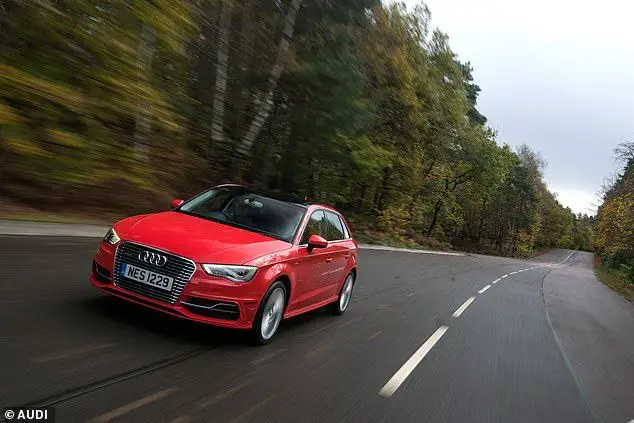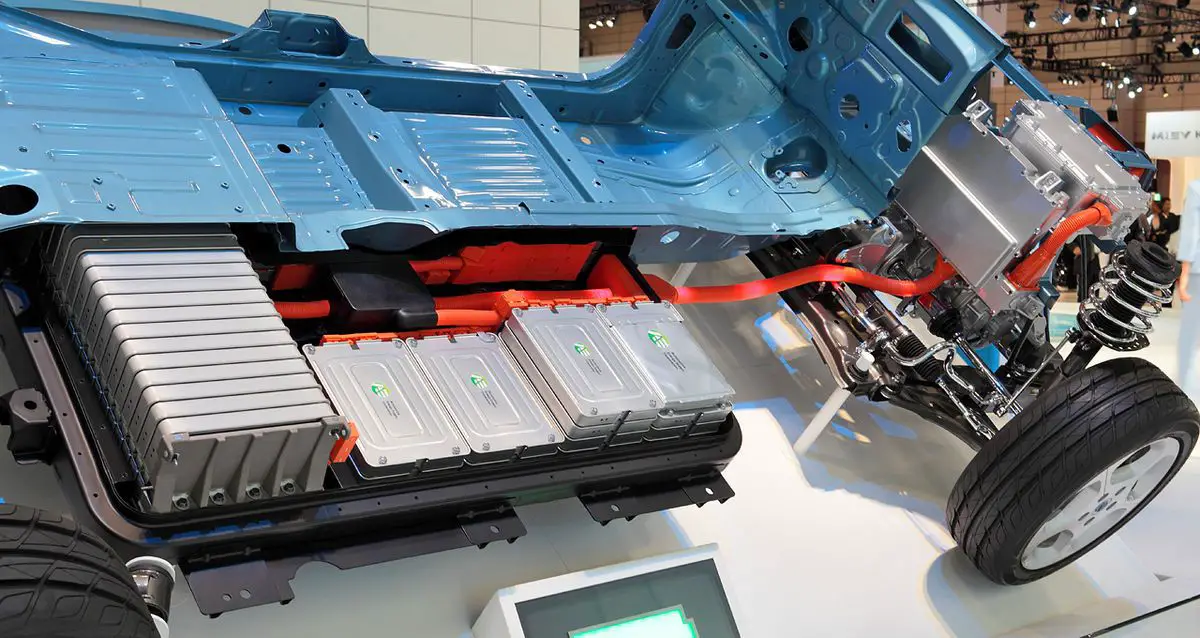How fast do batteries in electric and hybrid cars degrade?
The lifespan of EV battery is close to 20 years. The EV car technology decreases the range and time needed between each journey to charge. Most manufacturers have a five to eight-year warranty on their battery.


Recently Tesla hosted the most awaited battery day, the update was made by CEO Elon Musk who promised the battery in the next 3 years will be six times more powerful than those currently used in the US firm's vehicles, while VW said it guarantees that the lithium-ion pack in its new ID.4 SUV will have 70 per cent capacity after 100,000 miles or eight years.
The lifespan of EV battery is close to 20 years. The EV car technology decreases the range and time needed between each journey to charge. Most manufacturers have a five to eight-year warranty on their battery. However, the current prediction is that an electric car battery will last from 10 – 20 years before they need to be replaced.
With all the updates and range of EVs it is important to ask, how long do batteries in plug-in vehicles last? A Canadian firm collects data on battery degradation on electrified cars and says that on average they shed two per cent of their performance after 12 months. Several countries have plans to ban diesel ,petrol and hybrid cars by 2030 therefore the demand for electric cars is expected to go high.
Various studies have analyzed consumer appetite for EVs, with the latest being a What Car? poll of 12,029 in-market car buyers. It found that three in five (59 per cent) are now considering an electric or a hybrid vehicle as their next motor.
The results come after the UK automotive trade body revealed that electric and plug-in hybrid vehicle registrations had risen by 157 per cent and 68 per cent year-on-year, respectively in the first eight months of 2020.But one of the big questions on the minds of drivers is how long the batteries will last - and how quickly they will lose performance.
A report published in December by Plug In America - and analyzed by NimbleFins - reviewed the condition of a typical Tesla Model S battery. It claimed that after seven years of use the batteries will have 93 per cent of its original capacity remaining after seven years, suggesting it loses just one per cent a year.
However, Canadian company Geotab says that, on average, drivers should expect electric vehicle batteries to degrade almost twice as rapidly. Its EV Battery Degradation Tool assess the average depletion in capacity of electric vehicle batteries over time by measuring the performance of 6,300 fleet and consumer plug-in cars.
Geotab’s methodology for the electric vehicle battery degradation tool is a follows:
Geotab calculates battery degradation by taking the kWh added during charging and dividing that value by the change in the State of Charge increase for every qualified charge event.
This calculation is taken over recent charges, provides an estimate of the current battery capacity, which when divided by the vehicle's starting battery capacity (battery capacity for that Make/model as new), obtains a ratio.
Geotab then takes the weekly or monthly mean for each vehicle to create a data point over time. After, Geotab uses curve fitting by make-model-year for all weekly mean points for each vehicle model. Some 6,300 vehicles were included in this analysis representing 64 make and model years.

Select Car Leasing has reviewed its database of information, identifying which models are sold in the UK and ordered the cars by how quickly capacity disappears in the first 12 months of use. The list is as follows:-
1. Audi A3 Sportback e-Tron (2017) 0.3%
2. Tesla Model 3 (2019) - 0.6%
3. Tesla Model X (2019) - 0.7%
4. Nissan Leaf (2019) - 0.8%
5. BMW i3 (2019) - 0.9%
6. Ford Focus EV (2017) - 1.1%
7. Tesla Model S (2019) - 1.1%
8. Mercedes-Benz B-Class Electric Drive (2018) - 1.2%
9. Volkswagen Golf GTE (2017) - 1.4%
10. Kia Soul EV (2018) - 1.6%
11. Volkswagen e-Golf (2019) - 1.7%
12. Toyota Prius Plug-In (2019) - 2.3%
13. Kia Niro PHEV (2019) - 3.5%
14. Mitsubishi Outlander PHEV (2019) - 4.1%
Geotab says its data offers 'insight into average battery health over time', but it 'should not be interpreted as a precise prediction for any specific vehicle'.
Comparing the findings on its tool, Select Car Leasing said the Mitsubishi Outlander PHEV was most likely to shed capacity, with the calculation suggesting it loses around four per cent in the first year.
The Kia Niro Plug-in Hybrid was next on the list, with calculated battery degradation of 3.5 per cent on average, ahead of the Toyota Prius 'Prime', with the Prime distinction in the US being the Prius Plug-in Hybrid in the UK.
At the opposite end of the spectrum, the analysis shows that Tesla's lose around one per cent capacity - in line with previous data from Plug In America.
The no-longer-available Audi A3 e-Tron topped the charts with just 0.3 per cent degradation, while it's sister brand Volkswagen also performed adequately with the previous generation Golf GTE plug-in hybrid and the now defunct e-Golf - which has since been replaced with the all-new ID.3 hatchback.
While these figures suggest battery degradation will ultimately be part of EV ownership, advances in technology should see capacities retained at a higher rate. And all electric and hybrid car makers provide separate warranties for the batteries in their vehicles.
For instance, Nissan's Leaf comes with eight-year 100,000 cover for the batteries while the Hyundai Kona Electric warranty is for eight years or 125,000 miles of usage. As for Tesla, customers received a new-vehicle warranty for a period of eight years or 120,000 miles, whichever comes first, with minimum 70 per cent retention of battery capacity over this period.
If batteries are found to have dropped below a certain performance level, the manufacturer is responsible to replace it with a new one at no cost.
Source: This is Money




